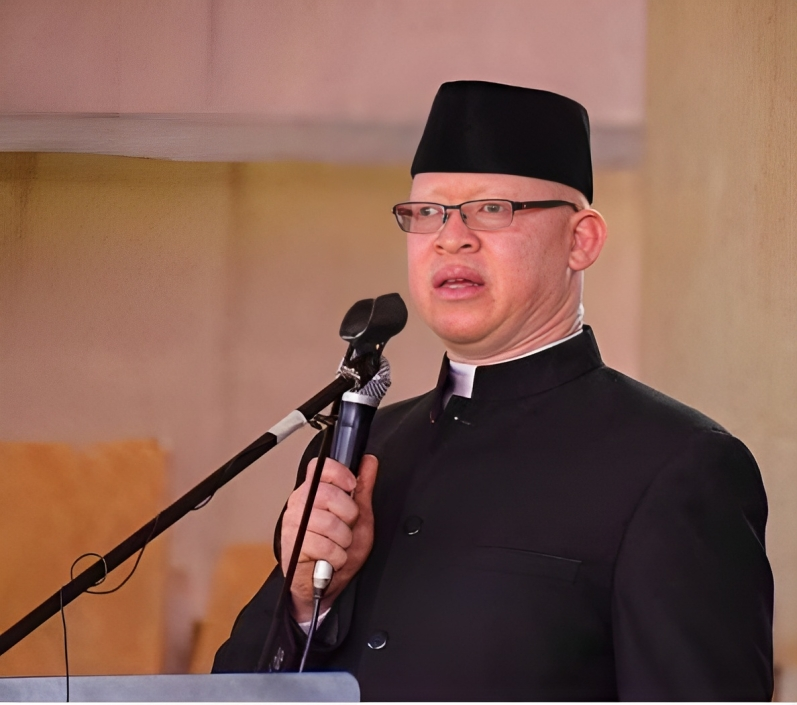Government spokesman Isaac Mwaura has dismissed concerns about the cost of President William Ruto’s recent trip to the United States, labeling such questions as nonsensical and unpatriotic.
Addressing journalists on Tuesday, Mwaura emphasized that the benefits of the president’s trip far outweigh the costs incurred.
The trip has drawn public scrutiny amid widespread calls for austerity measures and increasing tax burdens on ordinary citizens.
Critics argue that the expenditure on such trips represents a misallocation of resources at a time when the country is grappling with economic challenges.
The controversy was further fueled by allegations that the U.S. government had funded the president’s travel, a claim that the U.S. embassy in Kenya has firmly denied.
In response to these allegations, Mwaura reiterated the importance of President Ruto’s visit, stressing that it was essential for fostering international relations and attracting foreign investments.
“The president’s visit to the United States was crucial for strengthening bilateral ties and seeking investment opportunities that will benefit the country in the long run,” Mwaura stated.
He argued that the discussions and agreements made during the trip have the potential to bring significant economic benefits, which could alleviate some of the financial pressures currently facing the nation.
Mwaura also criticized those questioning the trip’s expenses, suggesting that such inquiries undermine national interests.
“Raising questions about the president’s travel expenses at this critical juncture is not only nonsensical but also unpatriotic,” he said.
“We should focus on the positive outcomes of the trip rather than fixating on the costs.”
Despite Mwaura’s reassurances, the issue has sparked a broader debate about government spending and accountability.
Many Kenyans are concerned about the perceived extravagance of the Executive, especially when juxtaposed with the financial hardships faced by the average citizen.
The call for greater transparency and prudent use of public funds has been echoed by various civil society groups and opposition leaders, who argue that the government should lead by example in adopting cost-saving measures.
The denial by the U.S. embassy that it covered the costs of the president’s jet adds another layer to the discussion.
The embassy clarified that the U.S. government did not fund President Ruto‘s travel expenses, reinforcing the need for clarity on how such trips are financed.
This incident has highlighted the need for the Kenyan government to be more transparent about its expenditures, especially during official trips abroad.
As the debate continues, Mwaura’s statements aim to shift the focus from the costs to the anticipated benefits of President Ruto’s U.S. visit.
However, the controversy underscores a broader concern among Kenyans about government spending practices and the need for accountability in the use of public resources.
278K Students Selected For University; Education Tops Preferences
